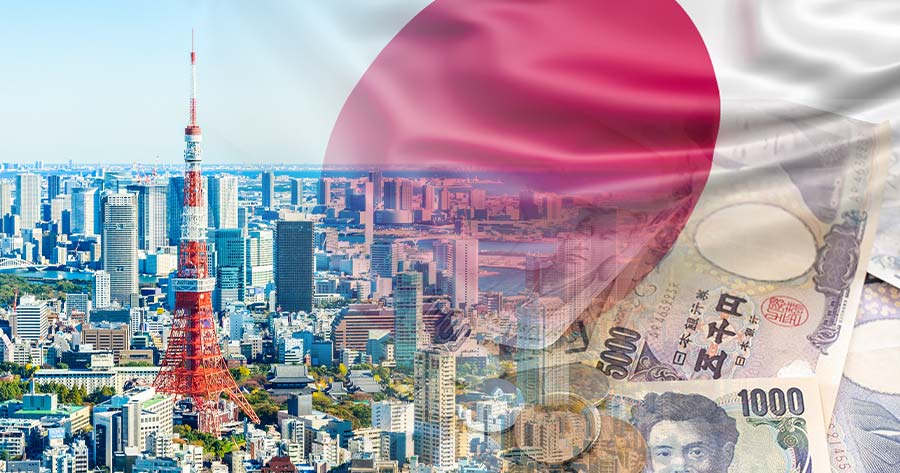In September, Japan’s service sector saw its third consecutive month of expansion, albeit at a slightly slower pace, as revealed by a private survey on Thursday.
The final au Jibun Bank Service PMI decreased to 53.1 in September, down from 53.7 in August, according to S&P Global Intelligence. Although this figure was below the initial reading of 53.9, it remained above the threshold of 50.0 that distinguishes expansion from contraction, while the average of the three months leading up to September indicated consistent growth.
The services industry has been a source of strength for Japan’s economy, offsetting challenges faced by the manufacturing sector.
Service companies in Japan experienced growth in new business for the third consecutive month, supported by strong demand. Business confidence remained positive despite a decline to a 20-month low, primarily due to the impact of a weak manufacturing sector on overall new business growth.
Usamah Bhatti, an economist from S&P Global Market Intelligence, emphasizes that the sector’s performance in the near future, considering risks like economic stagnation, will be crucial for the broader private sector performance.
Japan’s economy expanded by 2.9% annually in the second quarter, fueled by consistent wage increases driving consumer spending. Capital expenditure is on the rise, although tempered by weaker demand from China and a slowdown in U.S. growth, indicating a potentially prolonged recovery for the export-driven nation.
While export sales grew for two consecutive months, the pace decelerated, particularly in key markets such as mainland China which reported sluggish demand.
Additionally, despite input inflation decreasing to a six-month low, it remained above the survey’s long-term average as a result of a weak yen placing pressure on wages, food prices, and imported raw materials. Service companies continued to pass on the higher costs linked to wages and raw materials to their customers.





